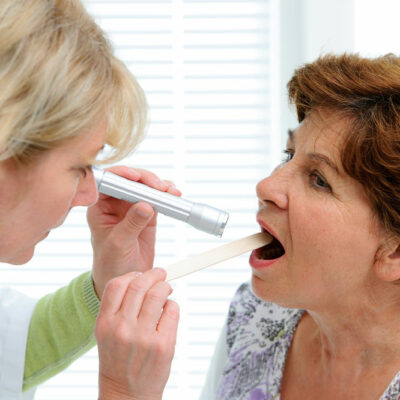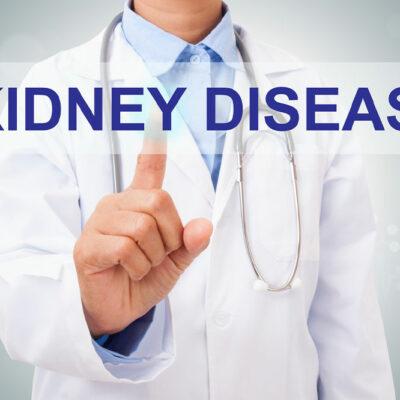
9 warning signs of colon cancer
Colon cancer, also known as colorectal cancer, originates in the colon (large intestine), the final part of the digestive system. But in some cases, it can also begin in the rectum. In most cases, this condition affects older adults. However, one can develop it at any age. Fortunately, if diagnosed in the early stages, colon cancer can be managed and treated fully in some cases. Hence, knowing its warning signs is essential. Warning signs of colon cancer Here are a few warning signs that one should know: Persistent changes in bowel habits Most symptoms of colon cancer remain unnoticed until the later stages. This happens because most signs of this condition resemble those of other gastrointestinal diseases. This also includes sudden changes in bowel habits, such as constipation or diarrhea. Besides this, one can also look out for alterations such as changes in consistency or narrowing of the stool. If any of these are noticed, one must note the duration of these symptoms. One must seek immediate medical attention if these last longer than a few days. Blood in stool Usually, blood can appear in the stool due to irritated polyps, benign growths that may become cancerous over time. So, while the color of the stool can change depending on the foods eaten, one must be wary of any sign of blood while passing stool.
Read Article 









